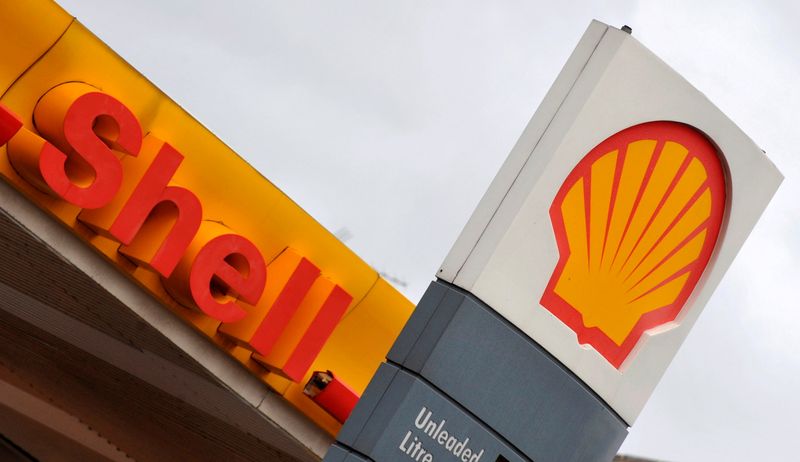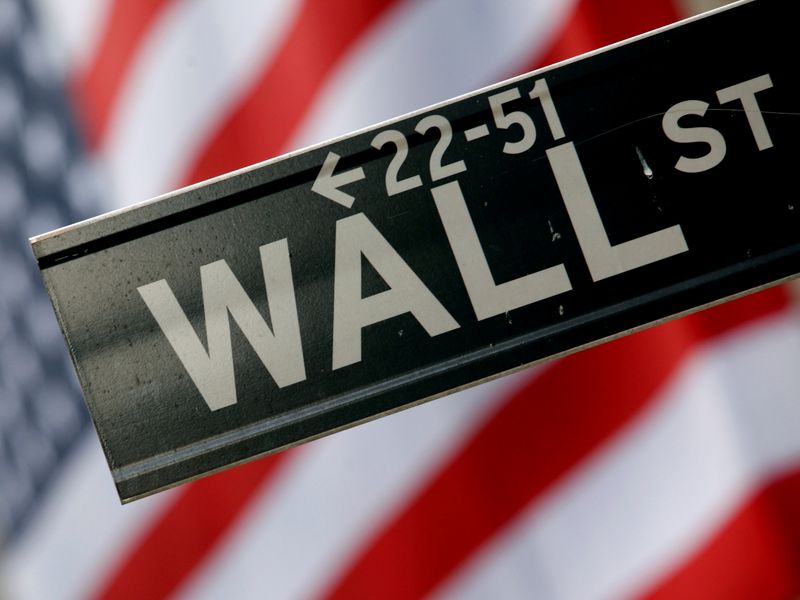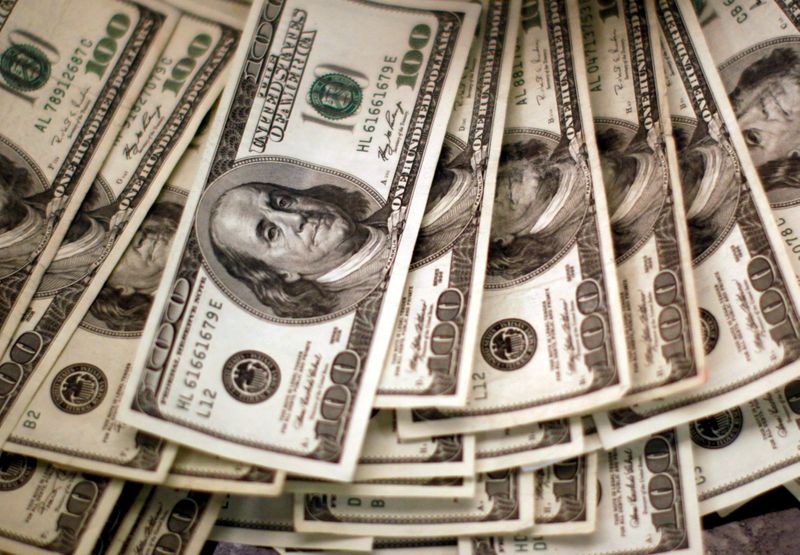WORLDWIDE: HEADLINES
Investors, court deliver ‘stark warning for Big Oil’ on climate

Shareholders rebuked the top two U.S. oil companies on Wednesday for dragging their feet on fighting climate change, while a Dutch court ruled that Royal Dutch Shell needs to accelerate cuts to greenhouse gas emissions.
“Today was a stark warning for Big Oil,” said Bess Joffe, of the Church Commissioners for England, which manages the Church of England’s investment fund, with executives “being held to account by investors and lawmakers.”
Exxon Mobil lost at least two board seats to an activist hedge fund, shareholders at Chevron endorsed a call to further reduce its emissions and a court deemed Royal Dutch Shell’s emissions targets insufficient.
Investor support for climate concerns could force oil and gas companies to rethink how fast they pivot to other forms of energy. BP Plc, which recently pledged to consult with shareholders on its climate targets, could see the next test of the groundswell.
A Dutch court ordered Shell to slash its carbon dioxide emissions by 2030.
Shell said it would appeal, and analysts called the decision not the last word in the case.
“This ruling has negligible chance to survive appeals,” said Per Magnus Nysveen, of energy consultancy Rystad Energy.
In a stunning blow to top management at Exxon, shareholders elected two change candidates for its board and approved measures calling for annual reports on climate and grassroots lobbying effort. Activists could yet win a third seat with some votes still to be counted and the full board not yet known.
Full coverage: REUTERS
Exxon loses board seats to activist hedge fund in landmark climate vote

A tiny hedge fund dealt a major blow to Exxon Mobil Corp on Wednesday, unseating at least two board members in a bid to force the company’s leadership to reckon with the risk of failing to adjust its business strategy to match global efforts to combat climate change.
The success by hedge fund Engine No. 1 in its showdown with Exxon shocked an energy industry struggling to address growing investor concerns about global warming. It happened on the same day activists scored a big win against another oil major, Royal Dutch Shell – a Dutch court ordered the company to drastically deepen pledged cuts to greenhouse gas emissions.
Eight of Exxon’s nominees including CEO Darren Woods were re-elected to its 12-member board of directors, along with two of Engine No. 1’s nominees, the company said. The counting is not finished, so Engine No. 1 could potentially see three of its four nominees join the Exxon board.
The result will add to pressure on Woods, who campaigned to convince shareholders to shoot down the board challenge and argued the company was already advancing low carbon projects and improving profits.
“Today, we heard shareholders communicate a desire for ExxonMobil to further these efforts,” Woods said in a statement. “We’re well positioned to do that.”
Under Woods, Exxon incurred a $22 billion loss last year as COVID-19 pandemic destroyed fuel demand worldwide. Exxon has lagged other oil majors in its response to climate change concerns, forecasting many more years of oil and gas demand growth and doubling down on spending to boost its output – in contrast to global rivals that have scaled back fossil fuel investments.
“It’s a huge deal. It shows not just that there is more seriousness apparent in the thinking among investors about climate change, it’s a rebuff of the whole attitude of the Exxon board,” said Ric Marshall, executive director of ESG Research at MSCI.
Full coverage: REUTERS
WORLDWIDE: FINANCE / MARKETS
World stocks to rise modestly, correction unlikely

World stocks will continue to rise this year on robust economic and earnings recoveries but any quickening of inflation would temper that enthusiasm, according to Reuters polls of analysts, a majority of whom said a near-term correction was unlikely.
Around this time last year, global equity markets were hemorrhaging from the pandemic-driven economic damage but that was followed by a huge upswing, boosted by unprecedented stimulus and the recovery at hand.
While stocks have continued to rise significantly this year, the news flow on inflation has whipsawed financial markets – with equities falling on data pointing to increased price pressures and rising on reaffirmed dovish monetary policy stances.
Reuters polls of nearly 300 equity strategists taken May 10-26 showed all 17 stock indexes surveyed on were forecast to rise, with annual gains in nearly all of them predicted to be in double digits this year.
“When it comes to assessing the market environment we prefer to choose ‘half full’. We will remain vigilant for rebalancing opportunities … as we expect rates and equities to drift higher,” noted Ehiwario Efeyini, senior market strategy analyst at Bank of America.
“In terms of the broader economic environment, we are closer to mid-cycle than late cycle and that growth is currently flashing bright green and surprising more than expected.”
But forecast gains for 15 of those 17 bourses to end-2021 were lower than year-to-date returns, suggesting more modest rises and concentrated within specific sectors, rather than a broad and significant leg higher.
Nine indexes were forecast to surpass their current peaks, including the benchmark S&P 500 index – which is already up nearly 12% this year and forecast to rise 2.5% further to a life high by end-2021.
Full coverage: REUTERS
Dollar firms as traders brace for U.S. inflation gauge

The dollar found support on Thursday from emerging views the Federal Reserve is slowly but surely edging towards a discussion about tightening monetary policy, and as traders await crucial U.S. inflation data this week.
In a market heavily short dollars, the mere suggestion of tapering is enough to temper further selling and against the euro and the yen the dollar held late Wednesday gains early in the Thursday Asia session.
The euro traded at $1.2185 and the yen at a one-week low of 109.20 per dollar. Sterling also dipped to a week-low of $1.4150.
Dollar strength also clipped the wings of the kiwi and it bought $0.7275 after hints of a 2022 rate hike by the Reserve Bank of New Zealand pushed it as high as $0.7316 on Wednesday. The Australian dollar dipped to $0.7732.
Fed officials have this week downplayed immediate concerns about inflation prompting a knee-jerk policy response. But they – and notably influential vice chair Richard Clarida – have made a subtle shift in tone by acknowledging that the time to talk about policy changes might be approaching.
“That’s probably behind the USD strength we’re seeing at the moment,” said Commonwealth Bank of Australia currency strategist Kim Mundy on the phone from Sydney.
“The PCE deflator will be even more closely watched,” she added, referring to the personal consumption expenditures index which is the Fed’s preferred inflation gauge.
“The fact that we’re expecting to see quite a strong jump in headline inflation might just reinforce market expectations that maybe the Fed is on track to introduce tapering later this year.”
U.S. yields rose overnight, with the benchmark 10-year Treasury yield up 1.7 basis points to 1.5808%. [US/] The U.S. dollar index followed suit and lifted 0.4% on Wednesday, holding there on Thursday at 90.076.
Economists expect core PCE prices to jump 2.9% year-on-year in April, compared with a year-on-year rise of 1.8% a month earlier. The data is published on Friday.
Oil settles higher on stronger demand outlook as U.S inventories fall

Oil prices settled higher on Wednesday as a drop in U.S. crude stockpiles reinforced expectations of improving demand ahead of the peak summer driving season, offsetting worries that a possible return of Iranian supply would cause a glut.
Brent settled up 16 cents, or 0.3%, to $68.87 a barrel and U.S. West Texas Intermediate (WTI) crude settled up 14 cents, or 0.2%, at $66.21 a barrel.
Both benchmarks pared losses after government data showed U.S. crude stocks at the Cushing, Oklahoma, storage hub fell last week to the lowest since March 2020. Refiners ramped up utilization rates to pre-pandemic levels.
Gasoline product supplied rose to 9.5 million barrels per day, a proxy for demand, while distillate demand was also higher. Gasoline consumption generally rises beginning around U.S. Memorial Day, which is May 31 this year, when people take to the roads.
Prices found some support from lifting of coronavirus curbs.
“An urge to ‘hit the roads’ in heading out on vacations that were precluded by the pandemic last year will be supporting the gasoline market,” said Jim Ritterbusch, president of Ritterbusch and Associates in Galena, Illinois.
But market players were also closely watching developments in Iranian-U.S. nuclear talks which could lead to lifting sanctions on Iran’s energy industry and releasing Iranian oil on the market.
Analysts have said Iran could provide additional supply of about 1 million to 2 million bpd if a deal is struck.
OPEC+ is bringing back 2.1 million barrels per day (bpd) of oil production through July, easing cuts to 5.8 million bpd. Their next meeting is set for June 1.
Full coverage: REUTERS



